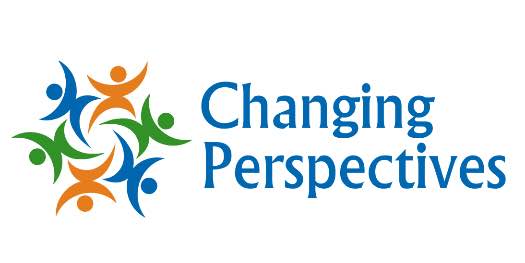Family Workshops
Supporting the whole child both at school and at home.
Family workshops support student learning beyond the school building by providing parents and caregivers with insights and strategies they can use at home. As part of our comprehensive holistic model, our family workshops can be conveniently delivered either virtually or in-person. Workshop content is carefully tailored in collaboration with the school and/or organization to bridge the gap between school and home learning effectively.
WORKSHOPS OFFERED
Social-Emotional Learning
Disability Awareness & Inclusion
Facilitated Forum for SEL
This interactive forum, facilitated by Changing Perspectives, invites parents and caregivers to engage in meaningful discussions about supporting students’ social and emotional well-being. Participants will have the opportunity to ask questions, share experiences, and explore concerns in a supportive environment. Through open dialogue and resource sharing, this session builds community connections and equips families with practical insights. By strengthening their understanding of SEL, caregivers can better support students in thriving both academically and personally.
Supporting Social-Emotional Learning at Home
Parents and caregivers play a vital role in nurturing students’ social-emotional well-being. This workshop introduces strategies families can integrate into daily routines to support learners of all ages. Participants will explore activities and be introduced to valuable resources for ongoing SEL support. By creating an emotionally supportive home environment, families will empower children to manage emotions, build strong relationships, and develop lifelong social-emotional skills.
Unpacking Social-Emotional Learning
What exactly is social-emotional learning (SEL), and why is it so important? This workshop breaks down the five core SEL competencies—self-awareness, self-management, social awareness, relationship skills, and responsible decision-making. Parents and caregivers will gain a deeper understanding of how SEL contributes to students’ emotional development and long-term success. By demystifying SEL, families will walk away with a common language between home and school and be more equipped to support their students.
Using Literature to Promote Social-Emotional Learning at Home
Books provide a powerful way to introduce and reinforce social-emotional learning in students. This workshop explores how literature—from picture books to graphic novels and chapter books—helps children develop essential SEL skills. Participants will discover engaging titles and learn strategies for guiding learners to connect stories and characters to their own experiences. By using literature as a springboard for discussions, families can cultivate empathy, emotional awareness, and meaningful conversations at home.
Fostering Self-Advocacy
Self-advocacy is a critical lifelong skill for all children, yet many struggle to express their needs effectively. This workshop helps parents and caregivers equip their children with the tools to understand their strengths, challenges, and individual needs. Participants will explore strategies for fostering confidence, promoting respectful communication, and encouraging independence. By learning how to discuss differences openly, support identity development, and nurture self-awareness, families will empower their children to advocate for themselves in safe and meaningful ways.
- Talking effectively with your young person about their disability/disabilities
- Helping your young person recognize their strengths and challenges
- Supporting your young person in gaining a better understanding of their identity
Using Literature to Foster Disability Awareness at Home
Books provide a powerful way for children to explore differences, understand others, and develop empathy. This workshop highlights how literature can help students recognize similarities and differences with their peers while fostering kindness and inclusion. Participants will discover how reading supports disability awareness and builds the foundation for empathy, a critical 21st-century skill. By incorporating books that feature characters with disabilities, families can create meaningful opportunities for children to develop understanding, acceptance, and respect for all.
What Is Disability Awareness?
Changing Perspective helped us clarify our vision for social-emotional learning in the district and how we can support all of our stakeholders–our students, teachers, the community, and our parents.
Our school loves the parent night and in-person assembly with the students. We received a lot of positive feedback,
